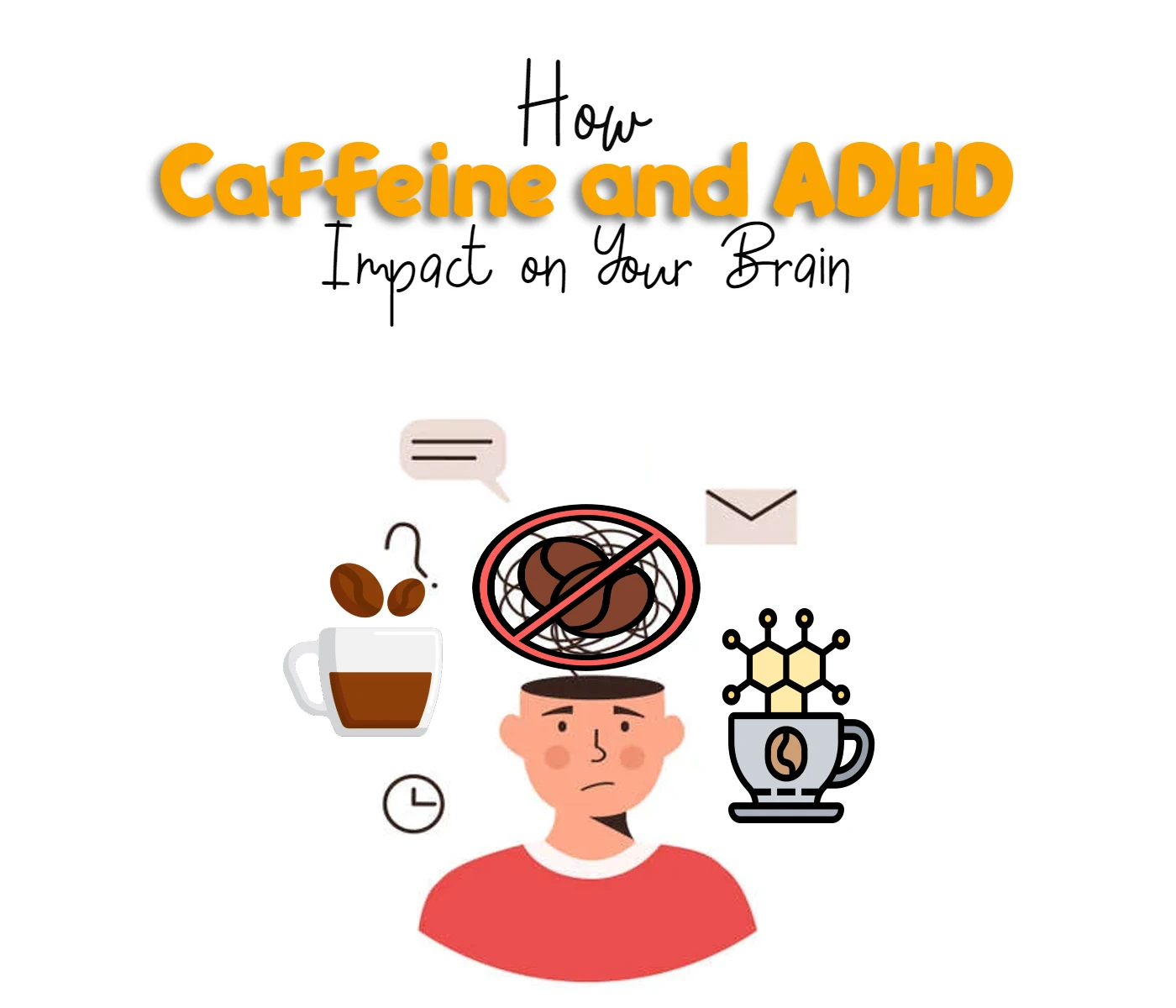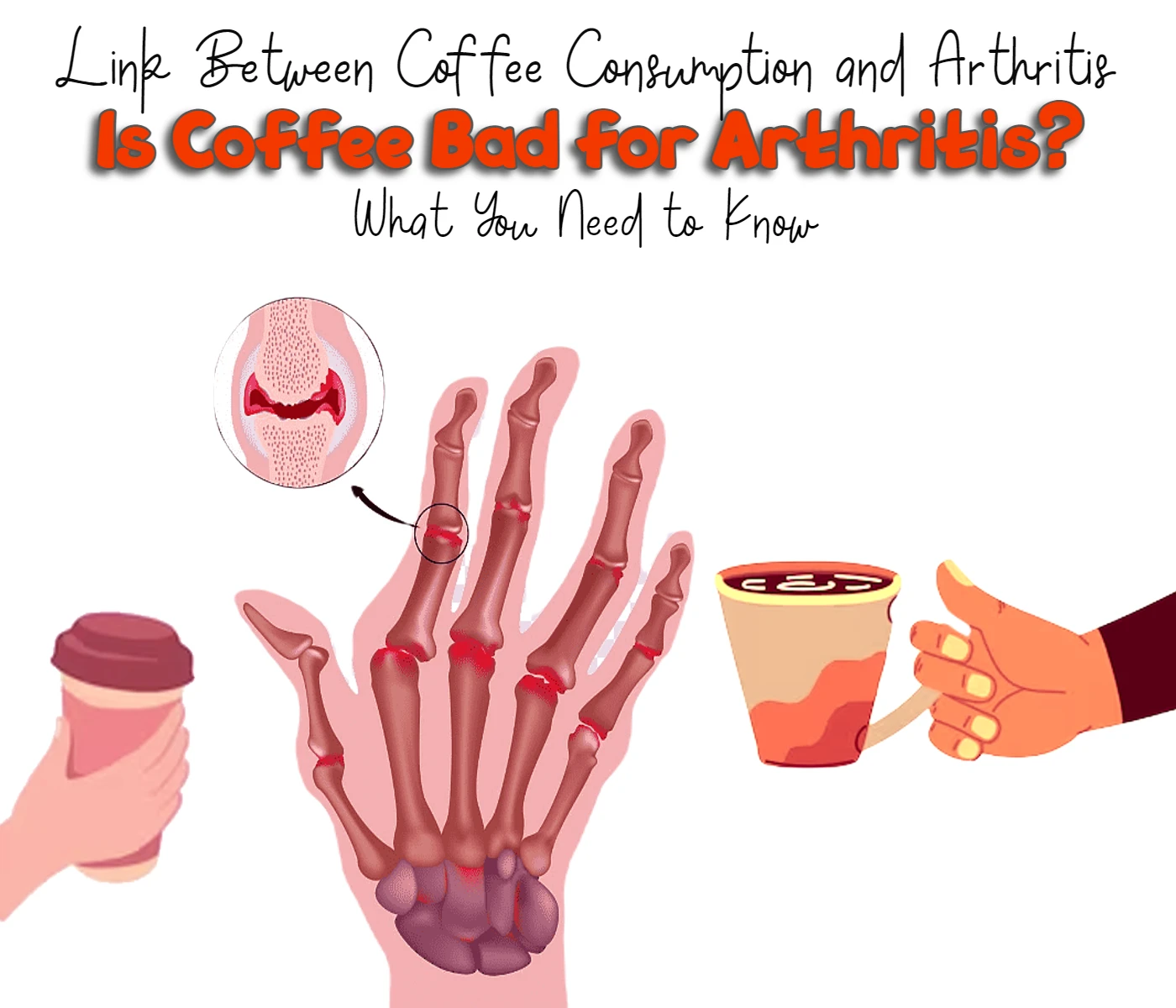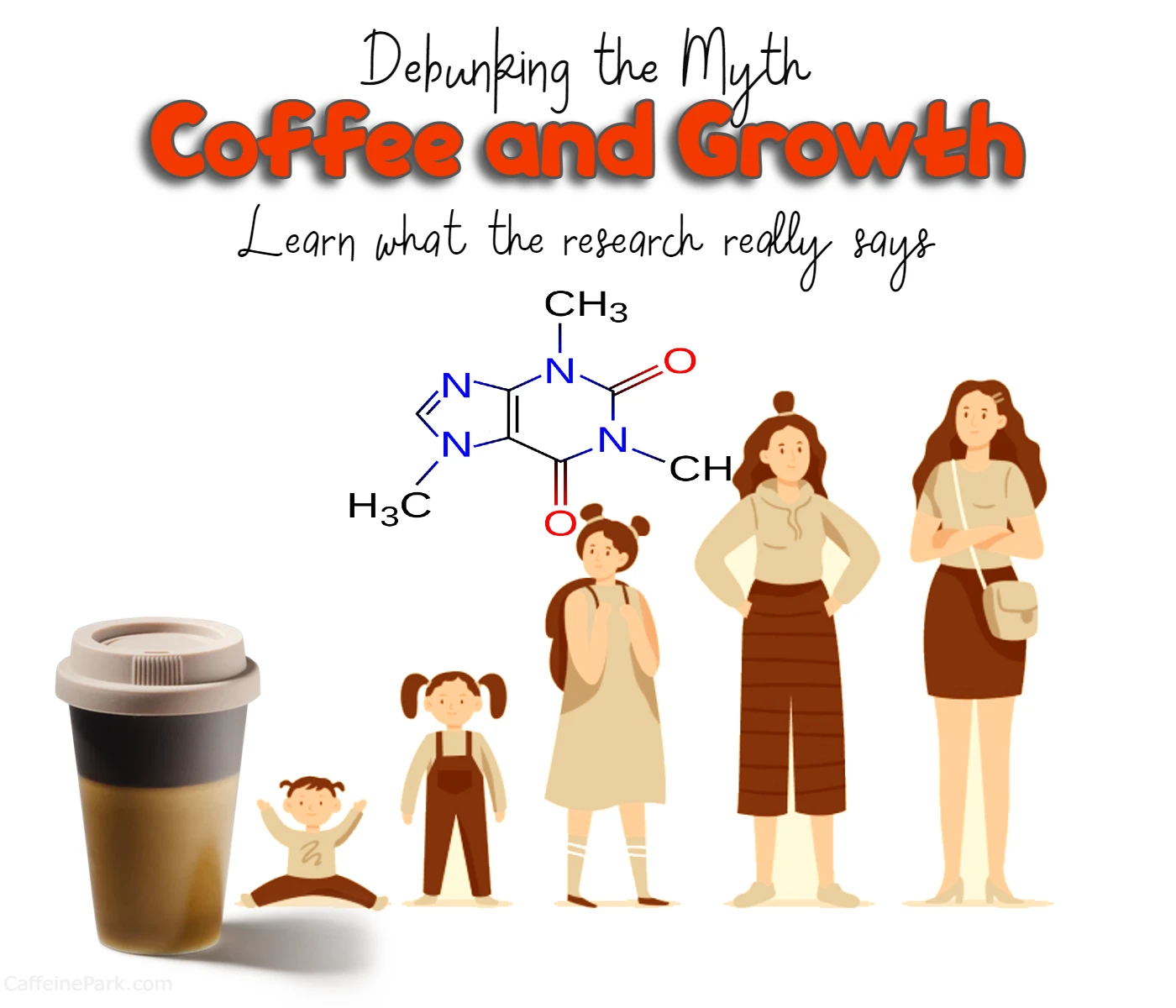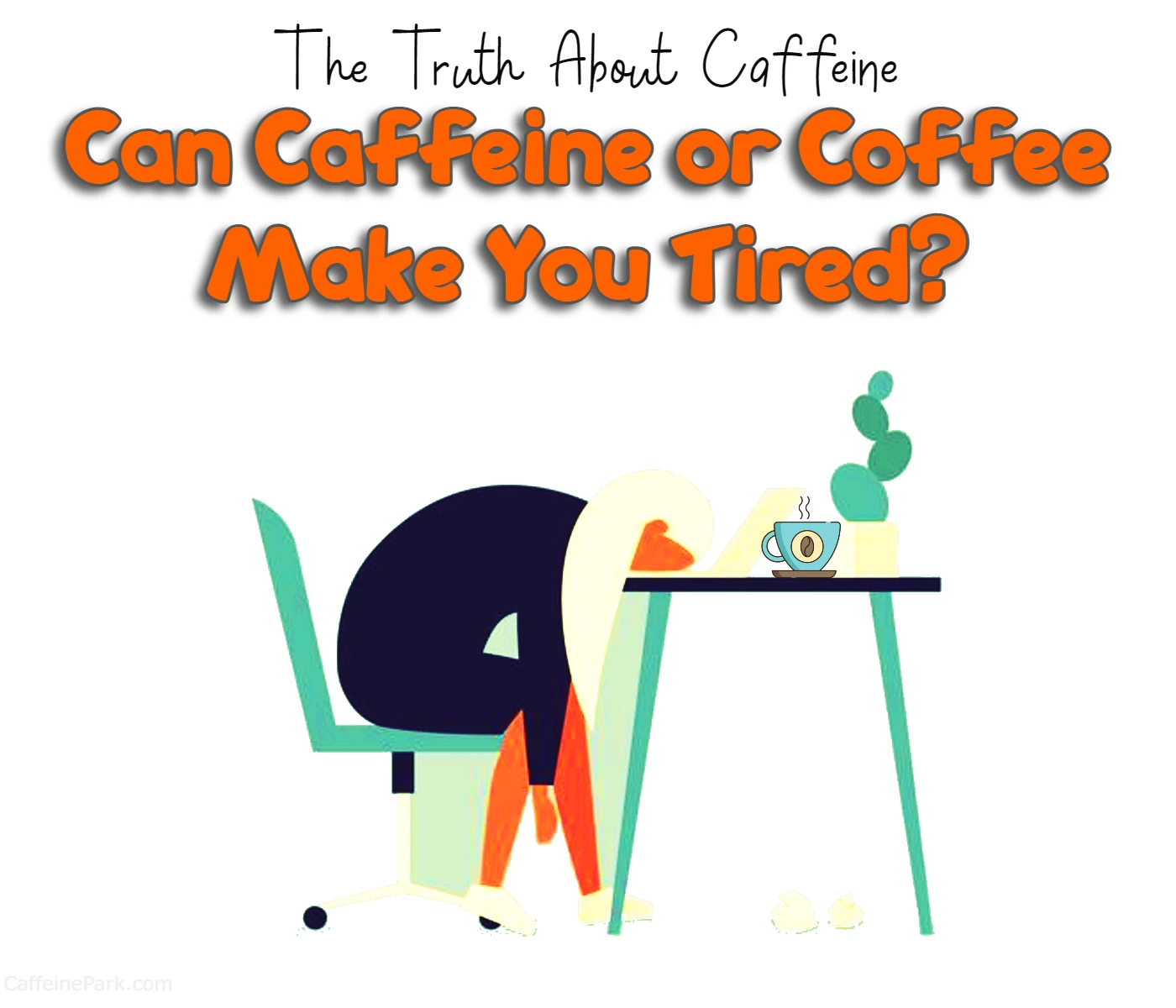
Hey there! Welcome to my blog on caffeine and ADHD. In this article, we’ll explore the effects of caffeine on individuals with ADHD and how it can impact their ability to focus and stay attentive.
Caffeine is one of the most widely consumed drugs in the world and it’s found in many everyday items such as coffee, tea, and chocolate. For individuals with ADHD, caffeine can be a helpful tool in managing their symptoms. When taken in moderation, caffeine can boost focus, attention, and productivity, allowing individuals to stay on task and feel more alert.
However, it’s important to note that the effects of caffeine can vary from person to person. Some individuals with ADHD may not notice any significant effects from caffeine, while others may experience negative side effects such as anxiety, restlessness, or insomnia. It’s always best to consult with a healthcare provider to determine if caffeine is right for you and to ensure that you’re not exceeding safe limits.
So, if you’re interested in learning more about caffeine and its effects on ADHD, be sure to read to the end of this blog. You’ll discover some surprising findings and important tips on how to use caffeine safely and effectively to help manage ADHD symptoms.
Stimulating the body with caffeine
Caffeine is known as a stimulant because it stimulates the central nervous system. It increases the production of dopamine in the brain, a neurochemical that controls focus and concentration. As a result, caffeine can make you feel more energized and alert. It can also help reduce the effects of fatigue.
However, it’s important to note that caffeine can have negative effects as well. For example, if you already have trouble sleeping, consuming caffeine can further disrupt your sleep. Insomnia and sleep disturbances can make ADHD symptoms worse, such as irritability, forgetfulness, difficulty concentrating, and trouble controlling emotions. Therefore, it’s recommended that individuals with ADHD limit their caffeine intake and avoid consuming it in the evening or late at night.
Reduced blood flow to the brain
Caffeine is also a vasoconstrictor, meaning it makes blood vessels smaller and reduces blood flow. This is why caffeine can be effective in treating headaches. Interestingly, amphetamine medications used to treat ADHD also make blood vessels smaller, and caffeine may have some effects similar to those of common ADHD medications.
While the exact reason is unknown, reduced blood flow may help treat ADHD by reducing the activity of brain regions that are overactive, allowing them to better function and cooperate with the rest of the brain. However, this is an area that requires more research.
Using caffeine for concentration
Dopamine levels in the brain must be within a narrow margin in order for a person to focus on their work. However, in ADHD, dopamine levels are too low. Stimulant chemicals such as caffeine or amphetamines tend to increase dopamine levels.
For most people, adding stimulants pushes dopamine levels too high, causing agitation and anxiety. However, for people with ADHD, adding stimulants can get the levels just right. A few cups of coffee throughout the day can make a real difference.
Some studies have found that caffeine can boost concentration for people with ADHD. Since it’s a stimulant drug, it mimics some of the effects of stronger stimulants used to treat ADHD, such as amphetamine medications.
However, caffeine alone is less effective than prescription medications. Adults can use caffeine safely for their ADHD, but caffeine consumption can actually harm children and teens.
Using caffeine with ADHD medications
When caffeine and amphetamine medications like Adderall (amphetamine and dextroamphetamine) combine, they cause an effect called synergy. Synergy occurs when two drugs have additive mechanisms of action, making their combined effect more powerful. Caffeine makes amphetamines more effective, so a person taking Adderall, for example, would likely feel a stronger impact, including greater side effects.
Risks of using caffeine
The Mayo Clinic defines heavy caffeine use as four or more cups of coffee per day, or 500 to 600 mg. Too much caffeine may cause sleeplessness, rapid heartbeat, irritability, anxiety, insomnia, muscle shakes or tremors, and upset stomach. Since medication combinations can be hard to control, a person taking both amphetamines and caffeine will also get a double dose of their side effects. Both drugs can cause anxiety, difficulty sleeping, nausea, and stomach pains.
If you’re experiencing anxiety or difficulty sleeping, you may be ingesting too much caffeine. Always take both your medication and caffeine with food to control stomach pains, and talk to your doctor if nausea persists.
Everyone is different
Although emerging research is finding that ADHD has a genetic component, it’s also finding that ADHD is not just one thing. Rather, people with mutations at any number of points in their genetics might get classified with ADHD. For developing children, some brain regions might develop at different rates than the other regions that regulate them. Because ADHD has different causes, treatments can affect people differently.
Some people find that caffeine helps their ADHD, while others find that it doesn’t offer any benefit at all, or even makes their focus worse. Pay attention to your body and work with your doctor to find out what is best for you.
Conclusion
Caffeine can be a useful tool for people with ADHD who want to improve their focus and concentration. It is a stimulant that boosts dopamine levels in the brain and can help reduce fatigue. However, it is important to be cautious when using caffeine and to avoid consuming it in the evening or late at night to avoid disrupting sleep.
FAQs
Caffeine can be safe for adults with ADHD when consumed in moderation. However, it is not recommended for children or adolescents with ADHD as it can worsen their symptoms and interfere with their sleep. It’s always best to consult with your doctor to determine if caffeine is right for you or your loved one.
No, caffeine is not a substitute for ADHD medication. While caffeine can have a similar effect to some ADHD medications, it is not as effective in treating the disorder. ADHD medication is specifically designed to address the underlying neurochemical imbalances associated with the disorder and should only be prescribed and taken under the guidance of a healthcare professional.
It’s best to consult with a healthcare professional before taking caffeine and ADHD medication together. While some people may be able to tolerate the combination, others may experience side effects such as anxiety, jitteriness, and insomnia. Combining caffeine and ADHD medication can also increase the risk of addiction and other health complications.
The safe amount of caffeine varies depending on the individual and their level of tolerance. However, it’s generally recommended that adults with ADHD consume no more than 400mg of caffeine per day. Children and adolescents with ADHD should avoid caffeine altogether. It’s important to monitor your caffeine intake and pay attention to how it affects your symptoms.
Read More:





